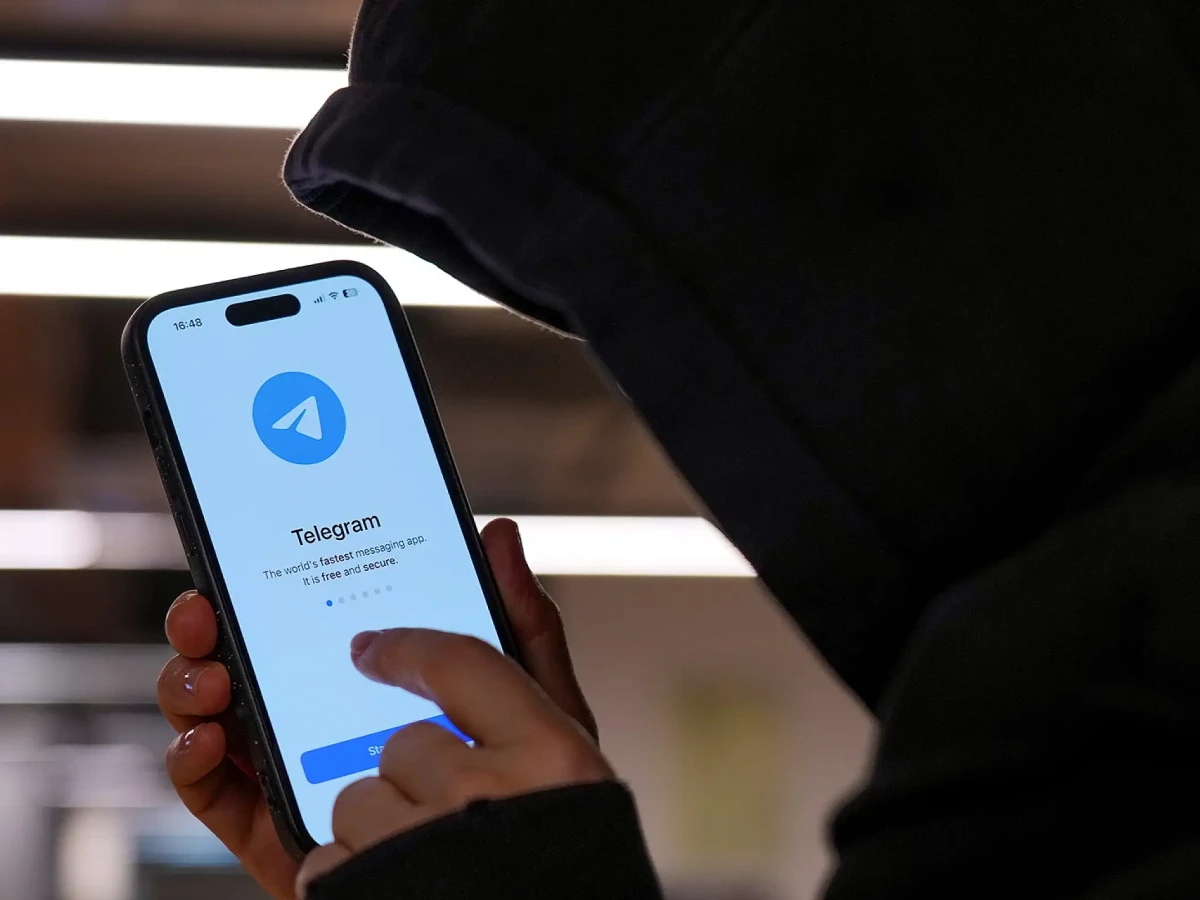
Police warn of rise in Telegram account phishing attempts
According to police, phishing messages are being sent from hacked Telegram accounts of individuals, including known contacts.
Top Stories
-
PNF to hold special rally at Artificial Beach on Wednesday
-
MDP MP says Mauroof arrest may breach parliamentary privileges
-
Complaint filed with JSC over judge’s remarks on defence lawyer
-
Court orders 5-day remand for MP Zakir over fishermen’s protest
-
Chinese firm awarded MVR 91.8M Hulhumalé road works contract
Police have issued a warning regarding a recent increase in phishing attempts targeting Telegram users in the Maldives.
According to police, phishing messages are being sent from hacked Telegram accounts of individuals, including known contacts, to trick recipients into compromising their own accounts.
An example cited involved a Maldivian businessman who, last month, sent a message via Telegram stating, "There are photos of you on this website," followed by a link. On the same day, a senior police officer’s Telegram account was also reportedly used to send similar messages. Police have confirmed that these individuals did not send the messages themselves, but their accounts had been compromised.
Phishing attempts typically involve sending a link that prompts the user to enter their phone number and a one-time password (OTP). Once the OTP is submitted, scammers gain access to the account and begin sending similar phishing messages to others.
The Cyber Crime Department has outlined the steps for recovering a compromised Telegram account:
-
1-
Delete and reinstall the Telegram app.
-
2-
Enable two-step verification.
Steps to activate two-step verification:
-
Open Telegram and go to Settings.
-
Select Privacy & Security.
-
Choose Two-Step Verification.
-
Create a secure password.
-
Enter a recovery email address.
Police stressed the importance of enabling two-step verification to protect accounts.
They also advised users to be cautious of any messages or links, even if sent by a known person, that claim to contain photos or sensitive information. These links are often phishing tools aimed at gaining control of the recipient’s Telegram account.
Police urged the public not to click on such links and to report any suspicious activity to the relevant authorities.




